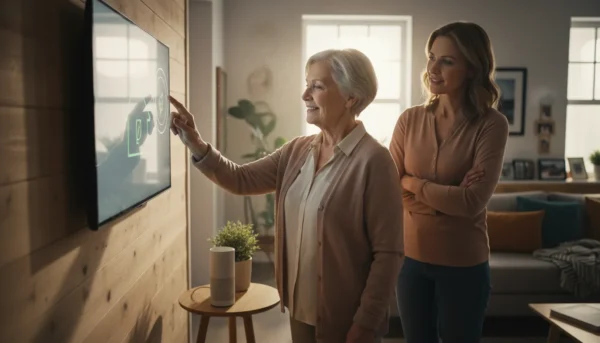
Frequently Asked Questions About Retiring to a New State
1. How can I really know if a state is right for me before moving?
The best strategy is the “retirement test drive.” Rent a home or an extended-stay apartment in your top-choice location for at least one to three months. Live like a local, not a tourist. Shop for groceries, go to the library, attend a community event, and see a local doctor for a check-up if possible. This immersive experience will give you a much clearer picture of daily life and help you make a confident decision.
2. What are the most overlooked costs in a senior relocation?
People often budget for the moving truck but forget about other expenses. These can include closing costs on both selling and buying a home, higher-than-expected utility hookup fees, vehicle registration and new driver’s license fees, and the cost of furnishing a new space. Also, consider potential travel costs for visiting family back home. It’s wise to set aside a contingency fund of 10-15% of your moving budget for these unexpected expenses.
3. How do I make friends and build a new social circle after moving?
Be proactive! The easiest way to meet people is by pursuing your interests. Join a club related to a hobby you love—like a garden club, walking group, or bridge league. Take a class at the local community college or senior center. Volunteer for a cause you care about. Attend services at a local church, synagogue, or other place of worship. It takes effort, but saying “yes” to invitations and putting yourself out there is the key to building a new support system.
4. Should I be worried about moving away from my long-time doctors?
This is a valid concern. Before you move, ask your current doctors for referrals in your new area. Get copies of all your medical records to take with you. Once you have a new address, start establishing care with a new primary care physician immediately—don’t wait until you’re sick. A good primary doctor can then become your trusted resource for referring you to any specialists you may need. Remember to check that all new providers are in your insurance network.
5. Is renting a better option than buying when I first move?
For many retirees, renting for the first year in a new location is an excellent strategy. It gives you flexibility and time to learn the area’s different neighborhoods without the financial commitment of buying. You might discover that you prefer a different part of town, or even that the state isn’t the right fit after all. Renting provides a low-risk way to confirm you’ve found your long-term home before making a major investment.
For expert guidance on senior health and finance, visit National Institute on Aging (NIA), Centers for Disease Control and Prevention (CDC), Medicare.gov and National Institute of Mental Health (NIMH).
|
Fact-Checked Content
Our editorial team reviews all content for accuracy and updates it regularly. Learn about our editorial process →
|

















